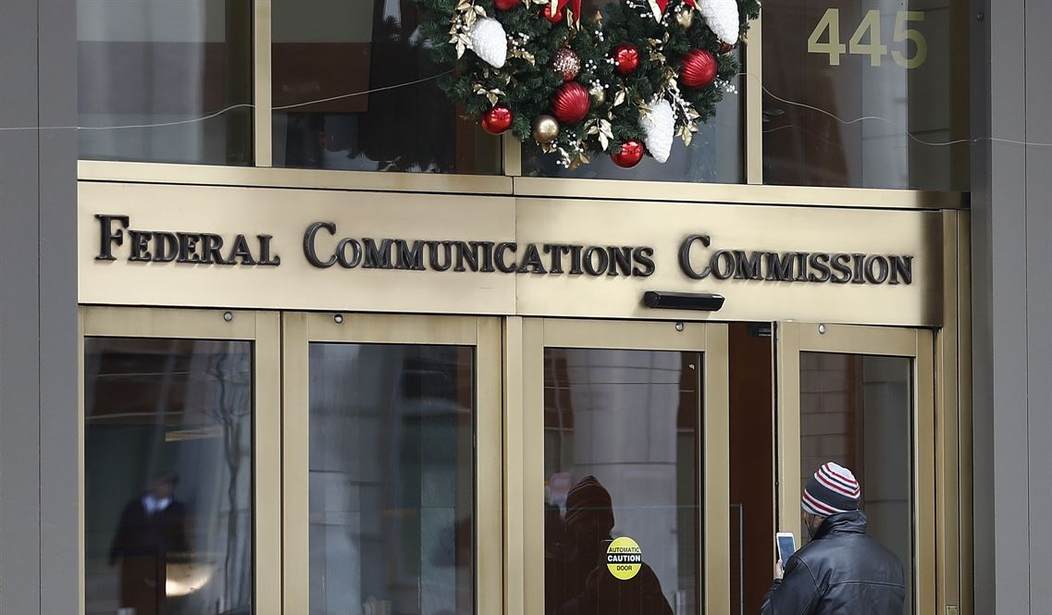In seeking to justify its net neutrality proposal, the Federal Communication Commission (FCC) makes a number of reaching arguments, none of which would enhance consumer protections or make the internet a more free or open place. Some of these concerns deal with claims that a lack of internet regulation may lead internet service providers (ISPs) to block or throttle legal content or erect paid “fast” lanes for preferred users. Others deal with threats to national security and public safety despite the FCC already having sufficient power to address these concerns.
However, a favorite argument of the FCC is that a national standard for regulation is needed to maintain a free and open internet. As recently explained by FCC Chairwoman Jessica Rosenworcel during remarks to the National Press Club, Title II gives the FCC clear authority to serve as a “watchdog over the communications marketplace and look out for the public internet.” The FCC appears to believe that the internet, as it currently exists, is a lawless place that needs a sheriff to maintain order and protect consumers from those who would do them harm. However, this is not the case.
Consumers have better, faster, and more affordable internet service than ever before. They also enjoy more choices of services and regularly use broadband for everything from holiday shopping and virtual work meetings to communicating with loved ones living around the world.
Despite these benefits, the FCC believes establishing a uniform legal framework is needed to ensure a clear and consistent national standard. The FCC argues that the 2018 decision to reclassify broadband as a Tile I service and eliminate conduct rules opened the door to states creating net neutrality regulations.
Indeed, a handful of states have created their own open internet requirements through executive orders, legislation, and contracting policies. The FCC’s NPRM expresses concern that these differing requirements could “increase burdens for ISPs and hinder the greater broadband market.” Therefore, the Commission seeks Title II authority to establish a national framework over broadband internet access to preempt any inconsistent state requirements.
Recommended
The problem with this line of thinking is that neither the federal government nor state governments should be establishing net neutrality regulations. The Commission is right to worry that inconsistent state laws could prove burdensome to ISPs, specifically small and rural ISPs, which often do not possess the resources needed to navigate the complex maze of state internet regulations. However, imposing an equally burdensome federal standard on broadband internet access is not the answer. Rather, the answer is to repeal all such rules so that federal preemption is unnecessary.
It is also worth remembering that broadband is a global service that is not limited to the confines of state geography. People increasingly move from place to place and work remotely in greater numbers. States have no jurisdiction over interchange commerce, much less global traffic.
It would be a misstep to call on the FCC to develop a standard based on 1930s government controls that were originally designed for the telephone market. With today’s vastly more competitive broadband market and innovations coming at breakneck speed, utilizing a slow, public utility-style process would be regulatory malpractice.
Therefore, rather than seeking public comment on whether the agency’s proposed net neutrality rules should serve as a “nationwide floor” or “appropriate ceiling” for consumer protections and on how best to accommodate state regulations, the FCC should scrap its plan for a national standard entirely and encourage states to do the same. As Commissioner Carr so eloquently put it, “We should not spend our time staring into the regulatory rear-view mirror or relitigating disputes that have long since passed from relevancy.” A national standard would do untold damage to an already thriving broadband market by piling on more regulations for ISPs.
Nate Scherer is a policy analyst with the American Consumer Institute, a nonprofit education and research organization. For more information about the Institute, visit us at www.TheAmericanConsumer.Org or follow us on X @ConsumerPal.

























Join the conversation as a VIP Member